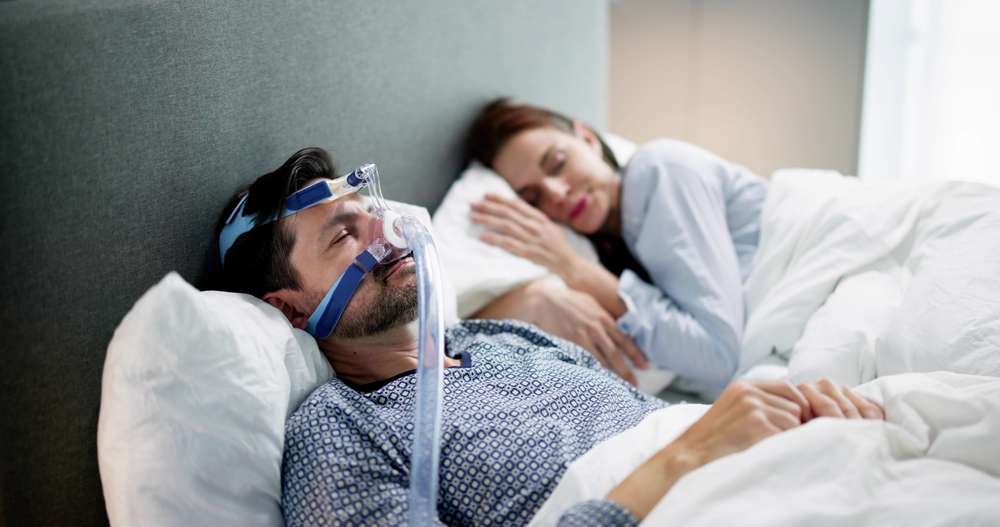Sleep Apnea: Understanding Causes, Symptoms, and Treatment Options
Sleep apnea is a serious sleep disorder that affects millions of people worldwide. This condition is characterized by repeated interruptions in breathing during sleep, which can lead to a host of health problems if left untreated. In this article, we'll explore the causes, symptoms, and various treatment options available for those suffering from sleep apnea.

What are the common symptoms of sleep apnea?
Recognizing the symptoms of sleep apnea is crucial for early diagnosis and treatment. Some common signs include:
-
Loud snoring
-
Gasping or choking during sleep
-
Daytime sleepiness and fatigue
-
Morning headaches
-
Difficulty concentrating
-
Mood changes or irritability
-
Dry mouth or sore throat upon waking
If you or a loved one experience these symptoms, it’s essential to consult a healthcare professional for proper evaluation and diagnosis.
How is sleep apnea diagnosed?
Diagnosing sleep apnea typically involves a comprehensive sleep study, known as a polysomnography. This test is usually conducted in a sleep lab, where various body functions are monitored during sleep, including brain activity, eye movements, heart rate, and blood oxygen levels. In some cases, home sleep tests may be prescribed, which are more convenient but less comprehensive than lab-based studies.
What are the traditional treatment options for sleep apnea?
The most common and effective treatment for moderate to severe sleep apnea is Continuous Positive Airway Pressure (CPAP) therapy. A CPAP machine delivers a steady stream of air through a mask worn over the nose or mouth, keeping the airway open during sleep. While highly effective, some patients find CPAP machines uncomfortable or difficult to use consistently.
Other traditional treatments include:
-
Lifestyle changes (weight loss, avoiding alcohol before bed, changing sleep positions)
-
Oral appliances that reposition the jaw and tongue
-
Surgery to remove excess tissue in the throat or reposition the jaw
Are there any innovative medical devices for treating sleep apnea?
In recent years, several innovative medical devices have emerged as alternatives to traditional CPAP therapy for treating sleep apnea. These include:
-
Implantable nerve stimulators
-
Oral pressure therapy devices
-
Expiratory positive airway pressure (EPAP) valves
-
Positional therapy devices
| Treatment Option | Type | Description | Typical Cost Range |
|---|---|---|---|
| CPAP Machine | Medical Device | Delivers continuous air pressure | $500 - $3,000 |
| Oral Appliance | Medical Device | Repositions jaw and tongue | $1,000 - $2,000 |
| Inspire Upper Airway Stimulation | Implant | Stimulates hypoglossal nerve | $30,000 - $40,000 |
| ProVent Sleep Apnea Therapy | Medical Device | EPAP nasal device | $60 - $100 per month |
| NightBalance | Medical Device | Positional therapy device | $300 - $500 |
Prices, rates, or cost estimates mentioned in this article are based on the latest available information but may change over time. Independent research is advised before making financial decisions.
One of the most promising innovations in sleep apnea treatment is the implantable nerve stimulator. This device, such as the Inspire Upper Airway Stimulation system, is surgically implanted and works by sending mild stimulation to the hypoglossal nerve, which controls tongue movement. This stimulation helps keep the airway open during sleep, reducing apnea events.
While these innovative treatments offer new options for those who struggle with traditional CPAP therapy, it’s important to note that they may not be suitable for all patients. The effectiveness and appropriateness of these treatments can vary based on the severity of sleep apnea and individual patient factors.
Sleep apnea is a complex condition that requires proper diagnosis and personalized treatment. With the range of options available, from traditional CPAP machines to innovative implants and devices, there’s hope for improved sleep and better overall health for those affected by this disorder. If you suspect you have sleep apnea, consult with a sleep specialist to determine the best course of action for your specific situation.
This article is for informational purposes only and should not be considered medical advice. Please consult a qualified healthcare professional for personalized guidance and treatment.






